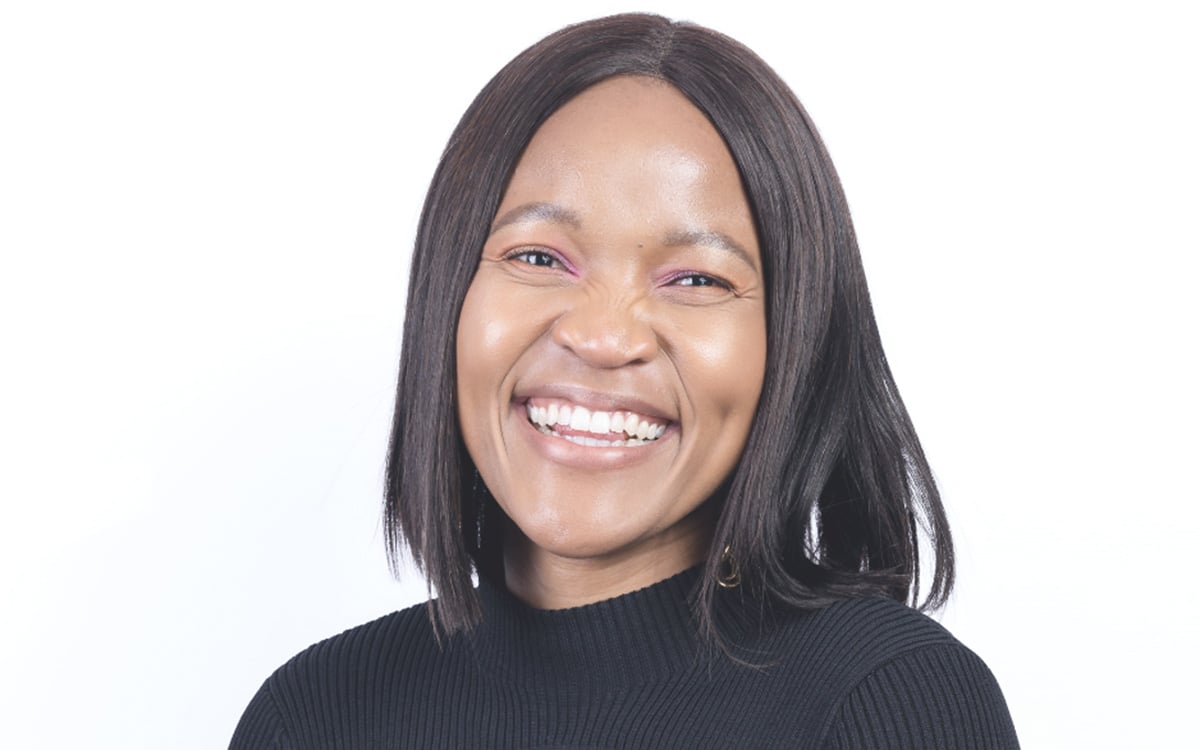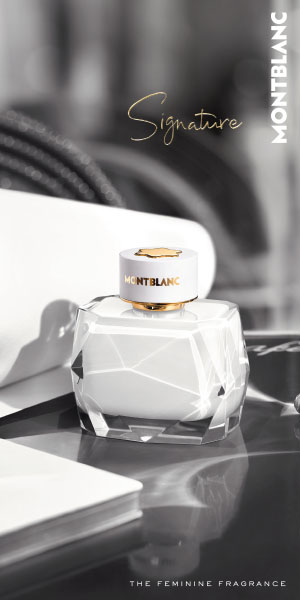“If we need to fight the good fight, I will fight it,” says Tshegofatso Phetlhe, an award-winning creative director who uses her advertising work to transform the South African narrative to one that is more socially inclusive.
Phetlhe is inspired by the intimacy of human connection that the advertising industry requires, both with her audience and her team that she works with. As a black creative, she represents various, often othered, black subcultures in her campaigns to create work that is impactful. “Without that very true human connection, the work is just wallpaper,” she says.
The Nando’s #rightmyname campaign has been Phetlhe’s most meaningful project to date.
The campaign highlighted the red line that appears under names written on platforms like Google and Microsoft, indicating a spelling error. The idea was conceived when she noticed the red line under her name after signing an email.
“It started with a conversation and then it spread into this beautiful campaign,” she remembers. The work she did saw the campaign win in multiple categories in the 2018 Loerie Awards.
Phetlhe values social transformation and uses her work to create conversation and change. “It’s a personal fight,” she says.
As a black woman, she is able to advocate for advertising projects that she knows will represent and resonate with black women. “When people see themselves in the work, it’s probably my favourite moment,” she explains.
She also uses recruitment to empower black women. As a creative director she has the ability to bolster a team with people who look like her. “I’m putting down the ladder behind me. I’m not going up alone,” she says.
Generating this transformed workplace allows the people in it to create more freely without having to over-explain the black experience in South Africa. “They [black women] don’t have to carry some of the stuff they have to carry when they walk into other rooms.”
A goal that Phetlhe is working towards is to change South Africa’s status as the rape capital of the world and she is using her campaign work to get there.
“It’s in the language,” she remarks. Using language in advertisements to represent women, especially black women, as being something more than just strong will create space for them to be vulnerable and speak out against their abusers. “It’s audacious, I know. It’s also ambitious, but it’s close to my heart,” Phetlhe explains.
“Winning alone is not an option,” she emphasises. Teamwork is one of the most valuable aspects of her job. Campaigns created in advertising require a lot of collaboration, and Phetlhe not only recognises this but refuses to be acknowledged without her colleagues.
“I never want to win alone because it’s not as fulfilling as taking everyone with you,”
she says.
“The saying ‘You strike a woman, you strike a rock’ is powerful, but what this metaphor does is encourage a narrative that women are only strong. I am also soft. I am also powerful. I am also funny. I am all these other parts of life and humanity.”






























